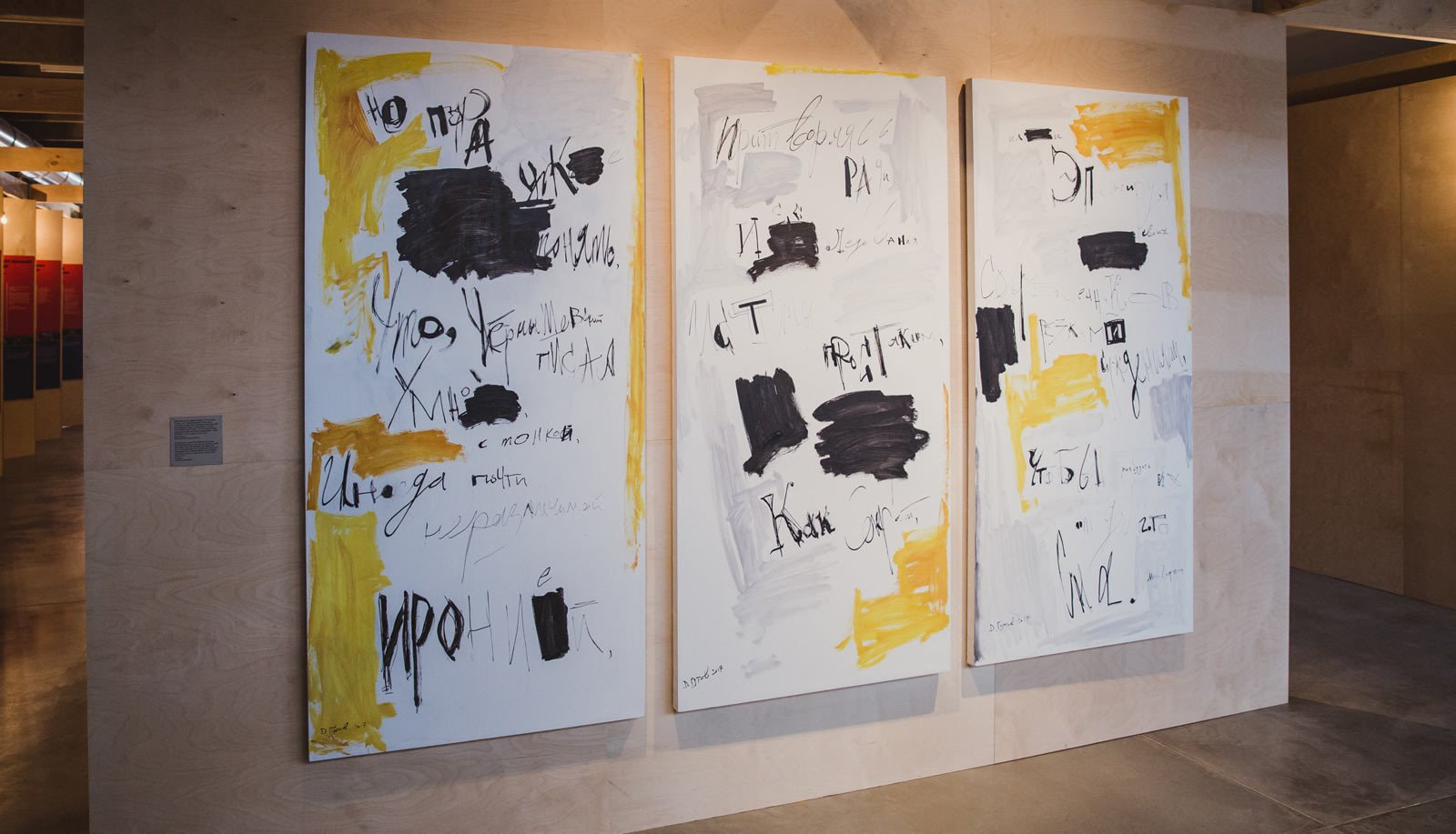If our soup can could speak: Mikhail Lifshitz and the Soviet Sixties
Artist Dmitry Gutov (b. 1960, Moscow), founder of the Institute of Mikhail Lifshitz, and curator David Riff (b. 1975, London), lead a research project examining the complex meaning of 1968 in Soviet society in relation to the unique relevance of aesthetic philosopher and cultural critic Mikhail Lifshitz (1905-1983).
The creative inquiry into Lifshitz's legacy was inspired by the personality of Lifshitz himself: a fierce critic of modernism who was not afraid to accuse the entire movement and some of its most revered representatives of aiding totalitarianism and consumerism. Lifshitz's critique, which stirred heated debate among his contemporaries, was radically different from the standard anti-Western rhetoric of Soviet art criticism. Today, it still offers a strikingly original perspective on modernist art.
Since the launch of the Field Research in 2015, the project team has studied over 200 files of documents from public archives, including the Russian State Archive of Literature and Arts; the archive of the State Tretyakov Gallery; and the family archive of Lifshitz's daughter, Anna Pichikyan. Documents include unpublished dossiers and notes on political purges, correspondence, manuscripts, shorthand lecture notes, Lifshitz's photographs, and his unpublished thesis. Over the years, Gutov and Riff have developed a practice of research consisting of regular and intensive group readings of the critic's texts and ideas. The practice of reading as well as translating is an important process for finding and analyzing the questions that arise, especially during the translation of Lifshitz's polemical works.
The results of one such a meeting are presented here through an installation comprising an audio work and a triptych of paintings. The audio features a situation where Riff, a teacher as well as a translator and curator, is put in the position of a “student” and is being taught by his longtime collaborator, Gutov, how to read Russian texts by Lifshitz. The paintings, made by Gutov, give another, visual layer of interpretation. They feature Lifshitz's quote on Nikolay Chernyshevsky (1828-1889), which reads: “People should see that Chernyshevsky's writings are brilliant, subtle, and ironic; that, like Socrates, he played the fool for the purpose of uncovering the truth and scandalized his contemporaries with shocking opinions in order to wake them up from their sleep.” This sentence is important because it could also be interpreted as a disguised confession by Lifshitz on what his own writings meant.
The researchers began collaborating in 2003, at which stage Gutov had already founded the Institute of Mikhail Lifshitz (1993), and Riff had translated to English key texts by Lifshitz, including The Philosophy of Art of Karl Marx (1933). Lifshitz's most polemical book, The Crisis of Ugliness (1968), is currently being prepared for publication to accompany the two researchers' exhibition at Garage, scheduled for 2018.
Initiated in 2015.
